Tag: scientific

5 Books Scientific American Recommends for August
Turn the Page on Summer: August’s Essential Book Picks Check out this collection of nonfiction and fiction books recommended by Scientific American By Brianne Kane edited by Andrea Gawrylewski The dog days of summer have been nipping at our heels this August: the humidity has been oppressive, the vacations not quite long enough, and the…
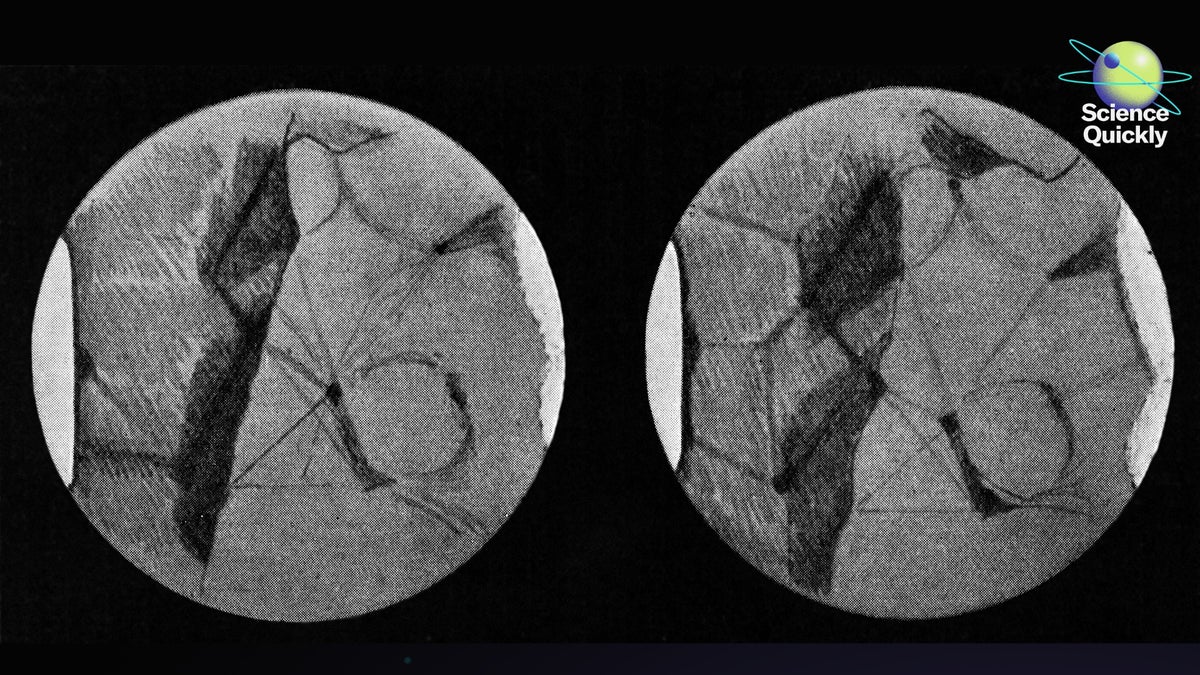
180 Years of Scientific American Means 180-Degree Turns in Science—Here Are Some of the Wildest Ones
Scientific American Celebrates 180 Years with Stories of Scientific U-turns In honor of SciAm’s 180th birthday, we’re spotlighting the biggest “wait, what?” moments in science history. By Rachel Feltman, Jeffery DelViscio & Alex Sugiura Drawings of Mars showing its ‘canals’ and polar ice caps in drawings created from observations made at the Lowell Observatory in…
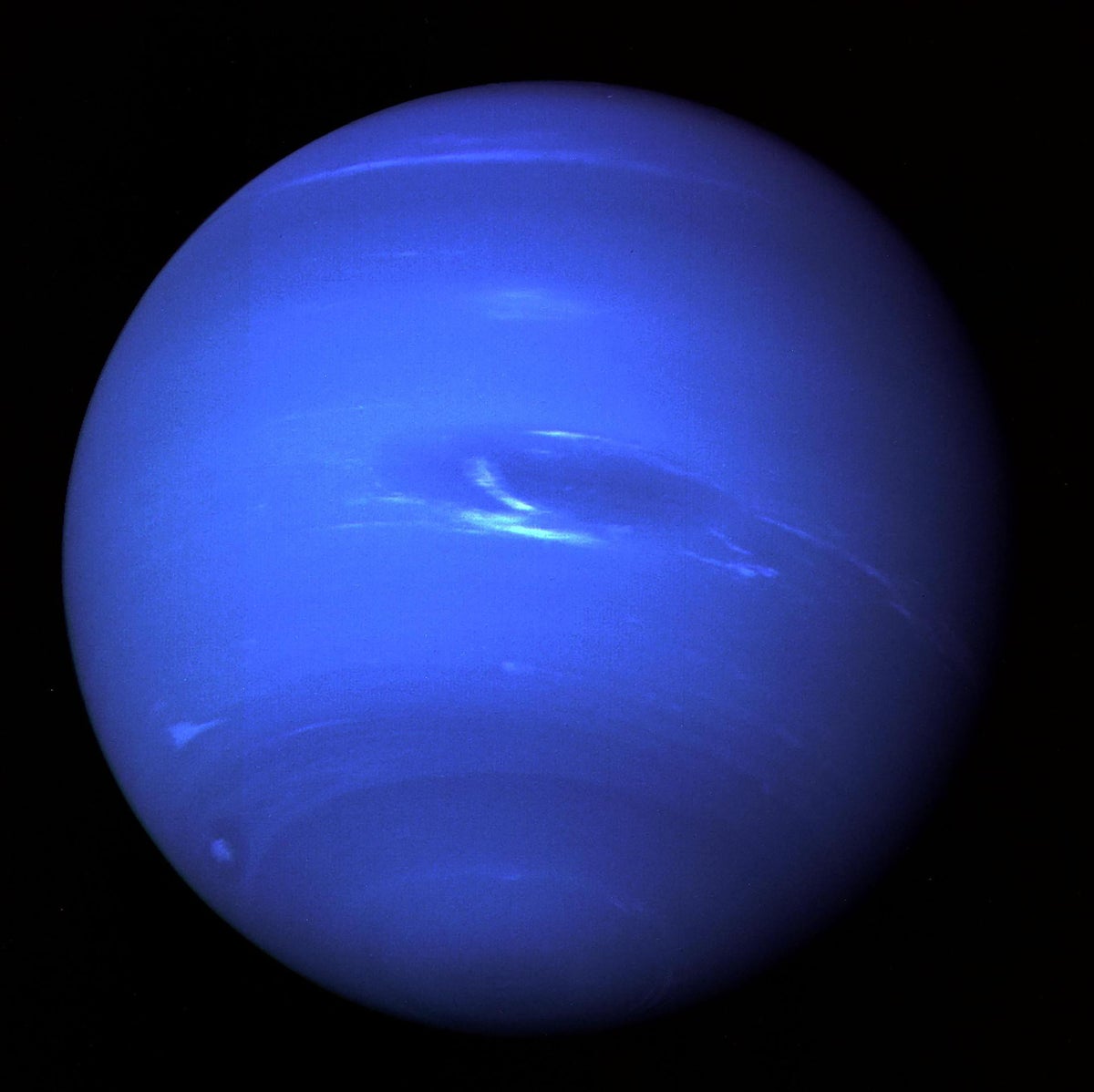
Scientific American Is Older Than the Discovery of Neptune
The UniverseFridays One Year after Scientific American’s First Issue, the Solar System Grew by a Planet Neptune’s discovery was a race that ended not long after this magazine came to be By Phil Plait edited by Lee Billings The planet Neptune, as seen by NASA’s Voyager 2 probe during a flyby in August of 1989.…
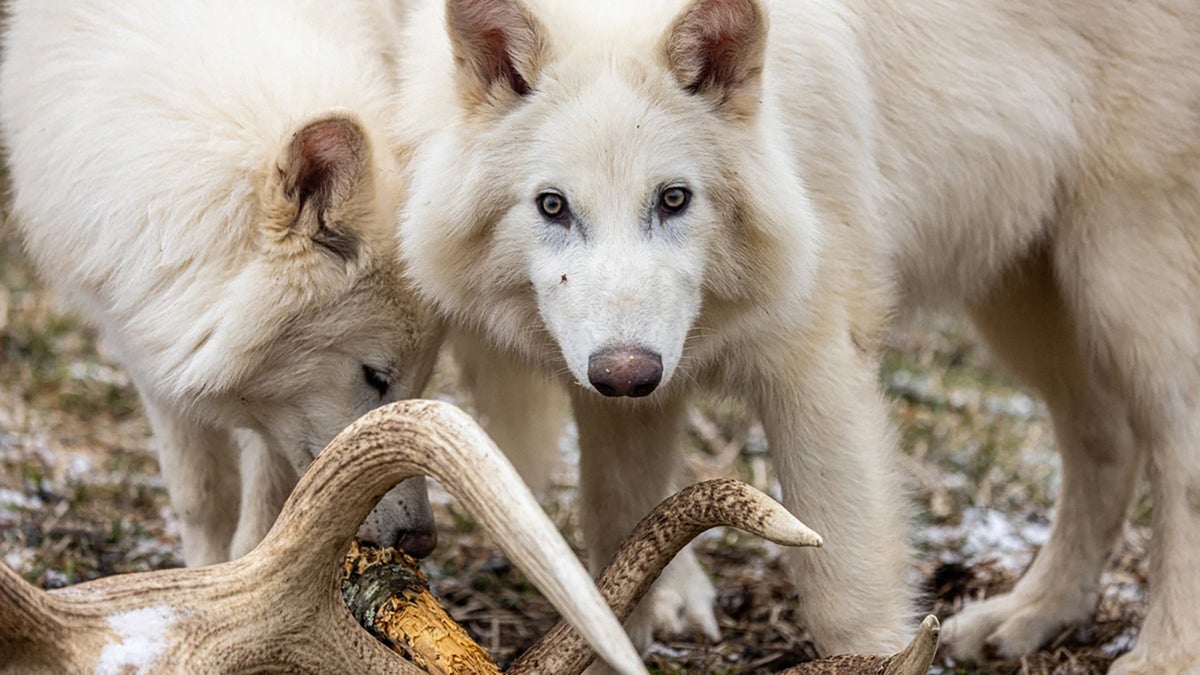
The Scientific Debate over Colossal’s ‘De-extinct’ Dire Wolves
This Company Claimed to ‘De-extinct’ Dire Wolves. Then the Fighting Started Colossal Biosciences bold announcements about its project to replicate dire wolf traits have drawn criticism from many scientists, but the billion-dollar firm is not backing down By Ewen Callaway & Nature magazine Two of the animals created by Texas firm Colossal Biosciences as part…

Congressman Eric Sorensen on Defending Climate Science, Depoliticizing Weather and Bringing Scientific Rigor to Capitol Hill
By Rachel Feltman, Fonda Mwangi, Jeffery DelViscio & Alex Sugiura Representative Eric Sorensen of Illinois. Rachel Feltman: For Scientific American’s Science Quickly, I’m Rachel Feltman. Representative Eric Sorensen of Illinois spent 22 years forecasting the weather on television before winning his congressional seat in 2022. He now finds himself defending scientific agencies from unprecedented attacks…
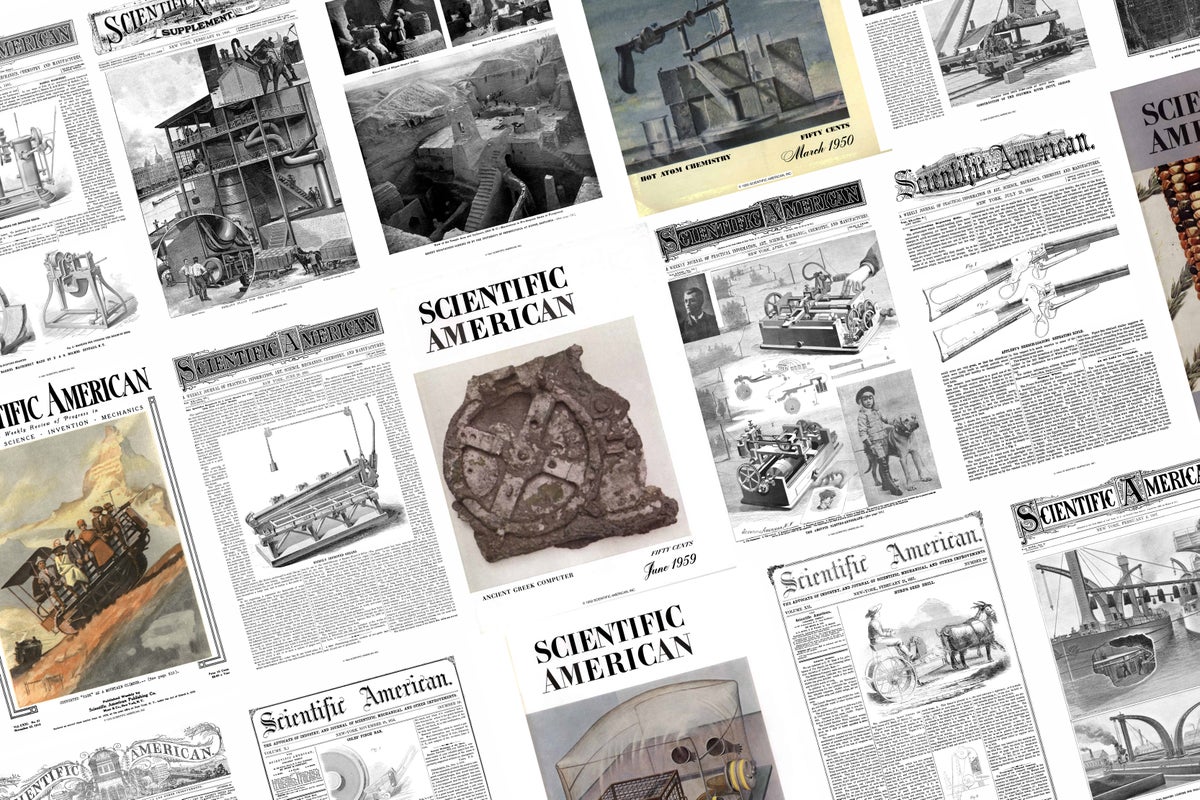
Neurotic Cats, One-Eyed Aliens and Hypnosis for Liars Are among the Historical Gems Reported in Scientific American
Neurotic Cats, One-Eyed Aliens and Hypnosis for Liars Are among the Historical Gems Reported in Scientific American Dive into the quirkiest and most fascinating tales from Scientific American’s 180-year archive By Mark Fischetti We’re celebrating 180 years of Scientific American. Explore our legacy of discovery and look ahead to the future. Scientists are trained to…
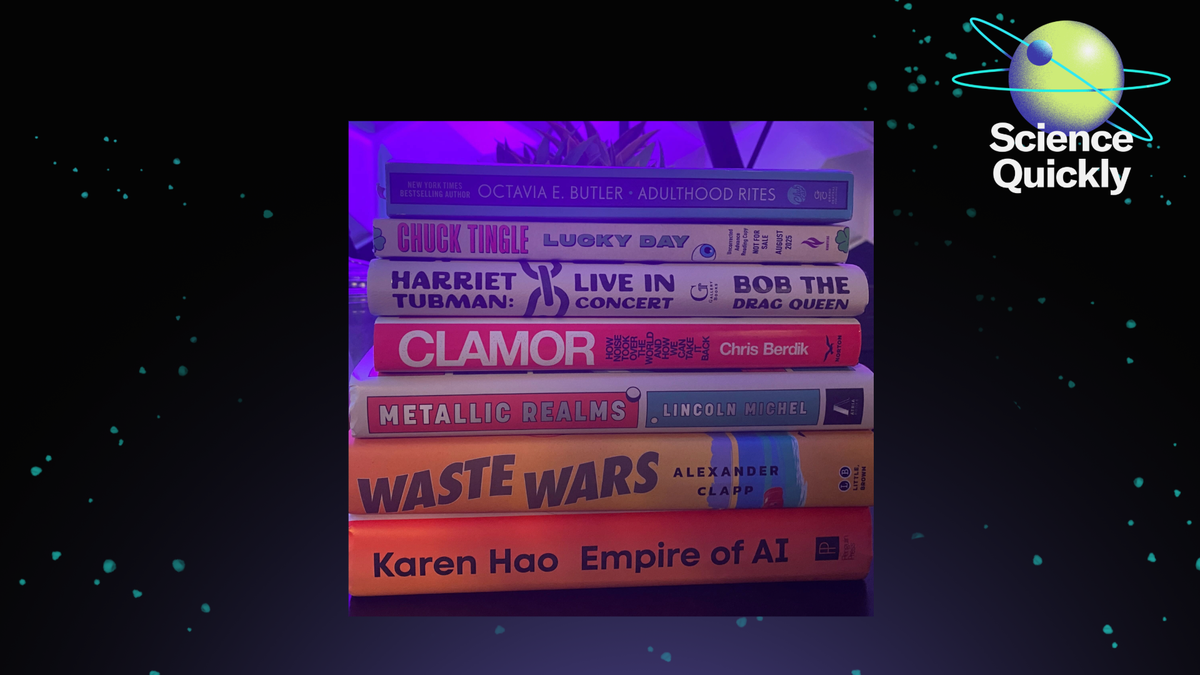
Nonfiction and Fiction Summer Reading Recommendations from Scientific American
Bring These Scientific American–Recommended Books to the Beach This Summer If you’re seeking a summer read, Scientific American has some fantastic fiction and notable nonfiction to recommend. By Rachel Feltman, Brianne Kane, Fonda Mwangi & Alex Sugiura Rachel Feltman: For Scientific American’s Science Quickly, I’m Rachel Feltman. You might not know this, but Scientific American…
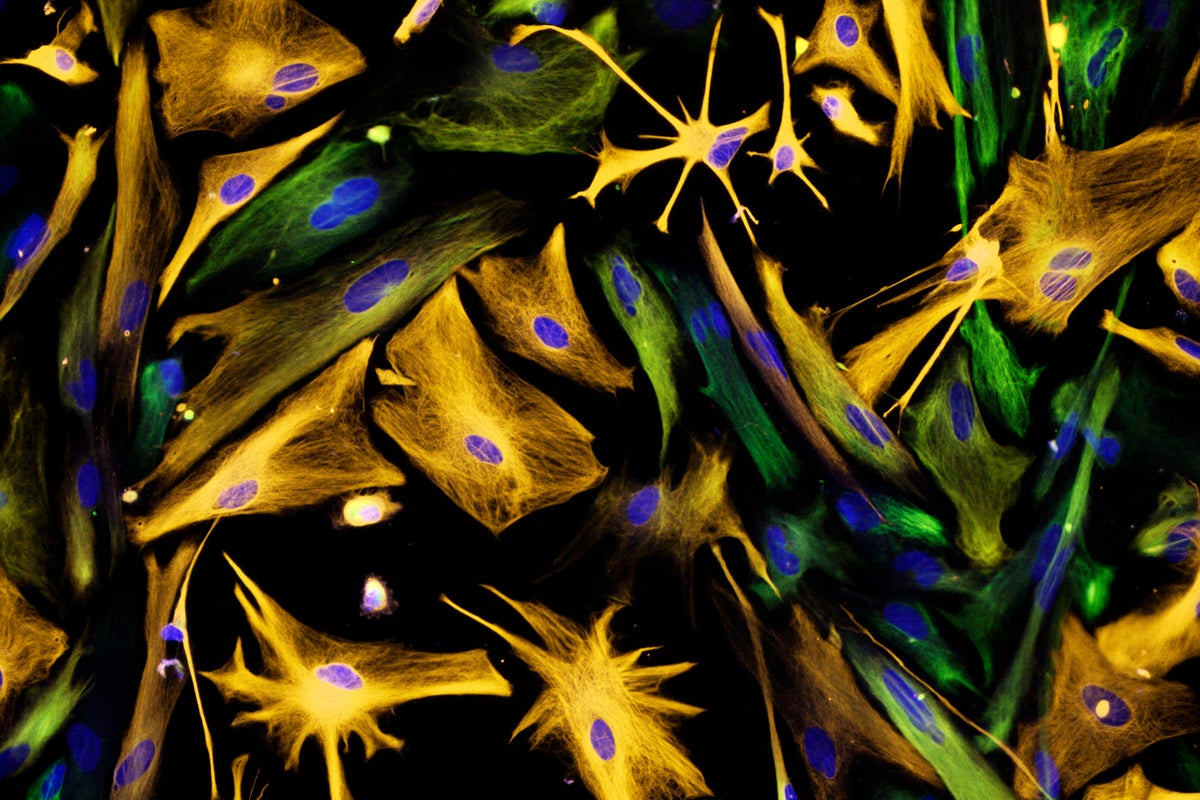
Proof That Adult Brains Make New Neurons Settles Scientific Controversy
Proof That Adult Brains Make New Neurons Settles Scientific Controversy Adult brains grow new neurons, and scientists have finally pinpointed where they come from By Nora Bradford edited by Allison Parshall Neural precursor cells (green) are have been difficult to identify in human brians. Join Our Community of Science Lovers! For at least six decades,…
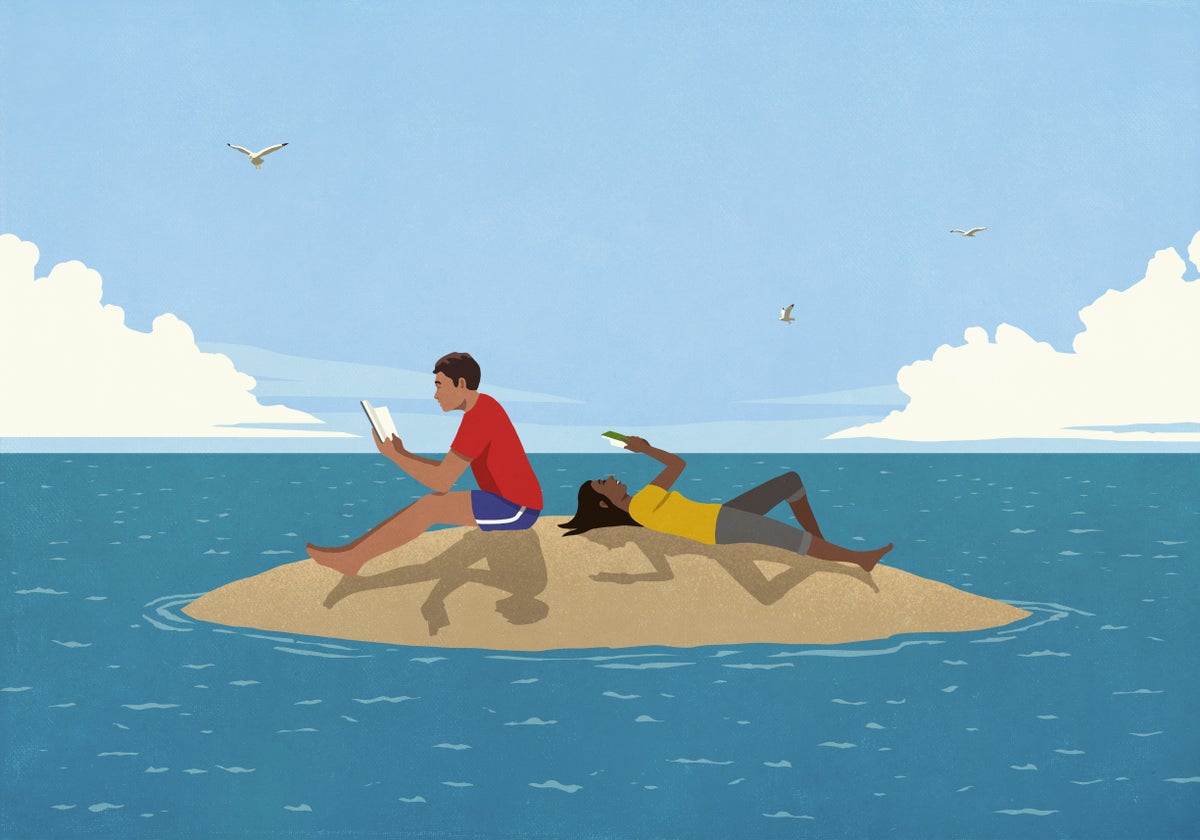
4 Nonfiction Books Scientific American Recommended In June
See The 4 Books Scientific American Loved Reading In June Here’s a collection of exclusive book recommendations, from slithering snakes to a river’s impact, for your summer reading lists, curated by Scientific American By Brianne Kane edited by Andrea Gawrylewski Summer reading is a time-honored tradition. The experience of diving into a captivating thriller or…

How YouTube Star Derek Muller of Veritasium Is Challenging Scientific Misconceptions and Exposing PFAS Contamination
YouTube Science Star Derek Muller Confronts PFAS “Forever Chemicals”—In His Own Blood By Deni Ellis Béchard edited by Dean Visser Derek Muller attends the 2020 Breakthrough Prize Ceremony at NASA Ames Research Center on November 3, 2019 in Mountain View, California. If you’re enjoying this article, consider supporting our award-winning journalism by subscribing. By purchasing…
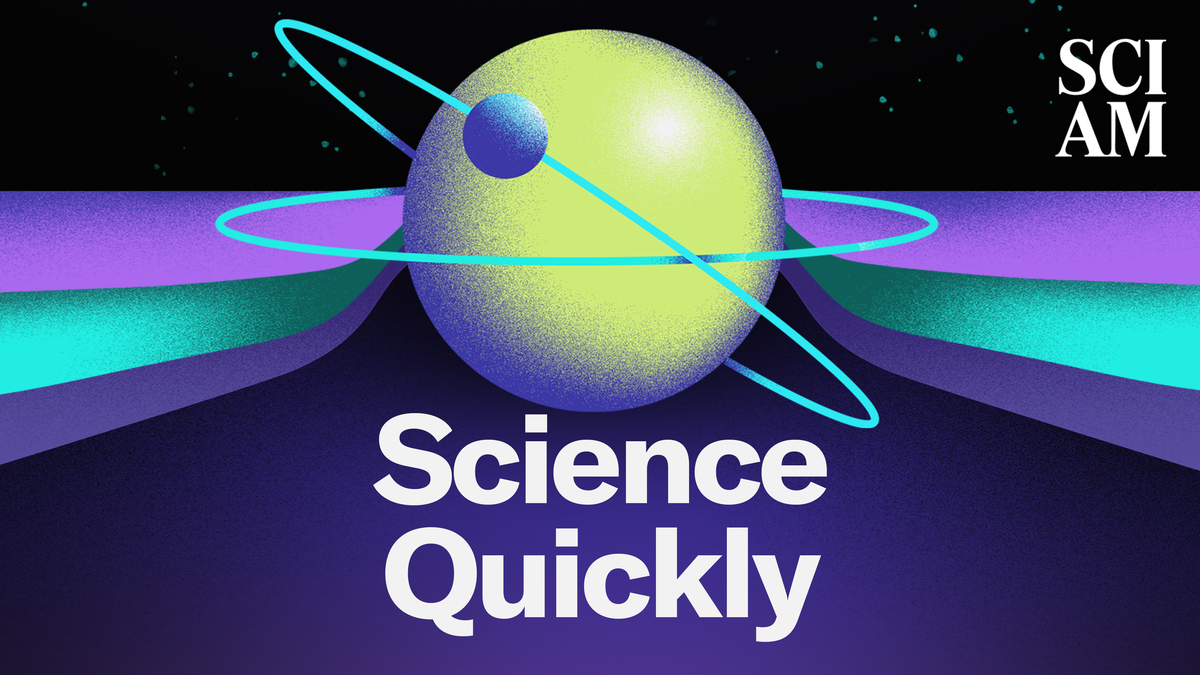
Scientific American’s 1925 Coverage of Eclipses, Mediums and Inventions
Solar Shadow Play, Seances for Science, and More from Our 1925 Coverage We present a historical romp through Scientific American—100 years ago. By Rachel Feltman, Fonda Mwangi & Alex Sugiura Rachel Feltman: Happy Monday, listeners! For Scientific American’s Science Quickly, I’m Rachel Feltman. I was out of the office taking a little break last week,…
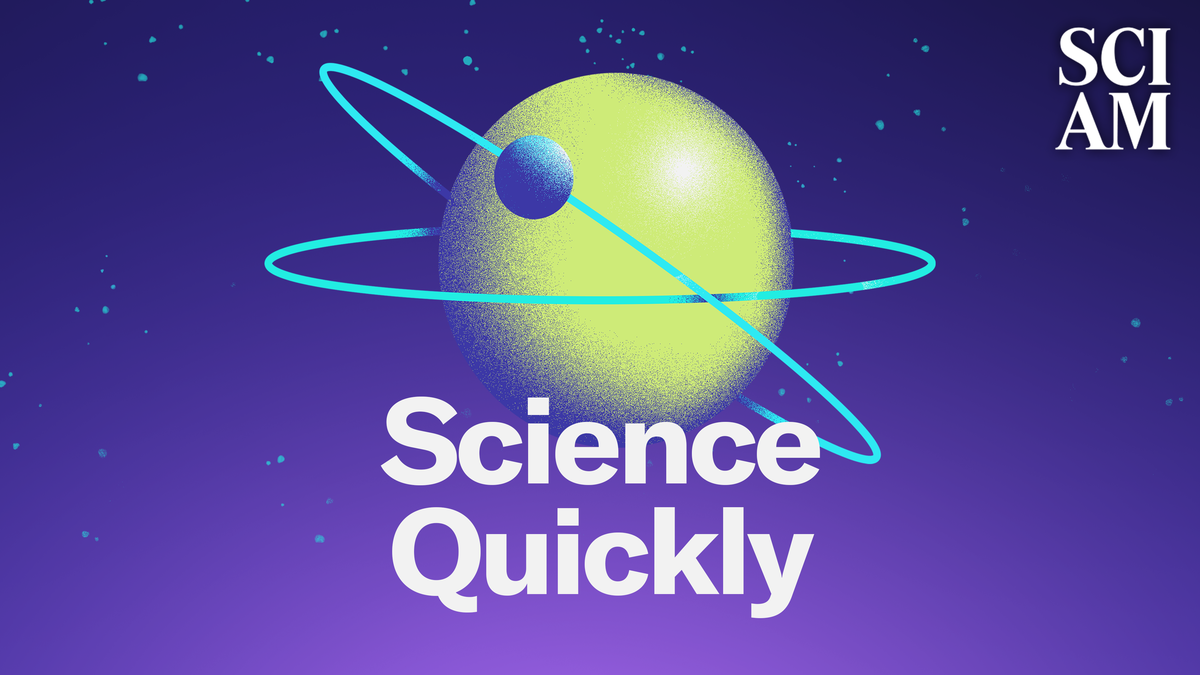
Scientific American Editor Gary Stix Talks about His 35 Years of Editing the Magazine
Hear takeaways from 35 years at Scientific American from Gary Stix, our recently retired mind and brain editor. By Rachel Feltman, Gary Stix, Fonda Mwangi & Alex Sugiura Rachel Feltman: For Scientific American’s Science Quickly, I’m Rachel Feltman. It goes without saying that a lot has changed at Scientific American since our first issue came…
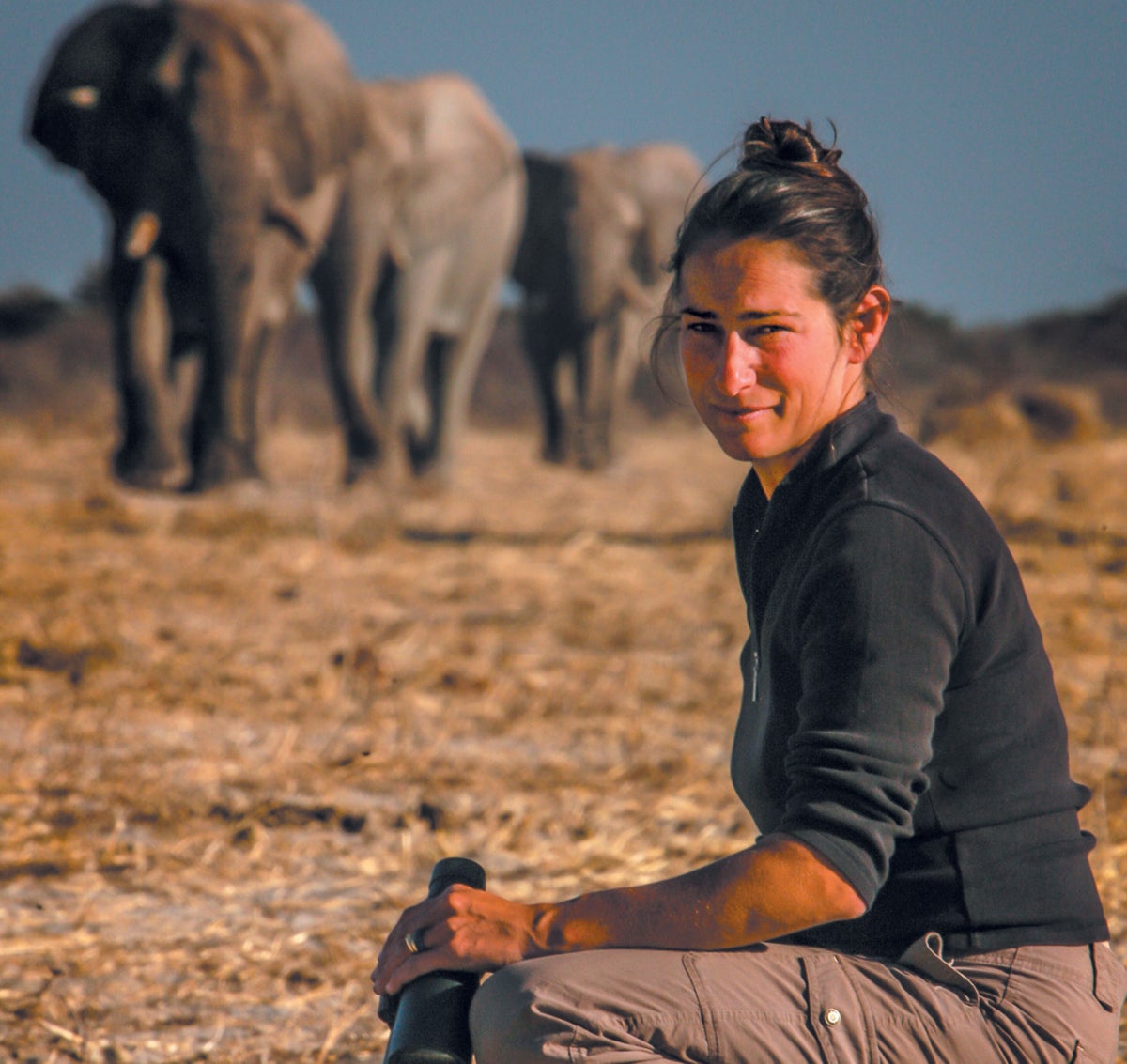
Contributors to Scientific American’s May 2025 Issue
Contributors to Scientific American’s May 2025 Issue Writers, artists, photographers and researchers share the stories behind the stories By Allison Parshall edited by Jen Schwartz Caitlin O’Connell. Caitlin O’ConnellSecrets of the Pachyderm Boys Club Caitlin O’Connell (above) still gets emotional when she remembers her first encounter with an elephant. When a bull stepped in front…
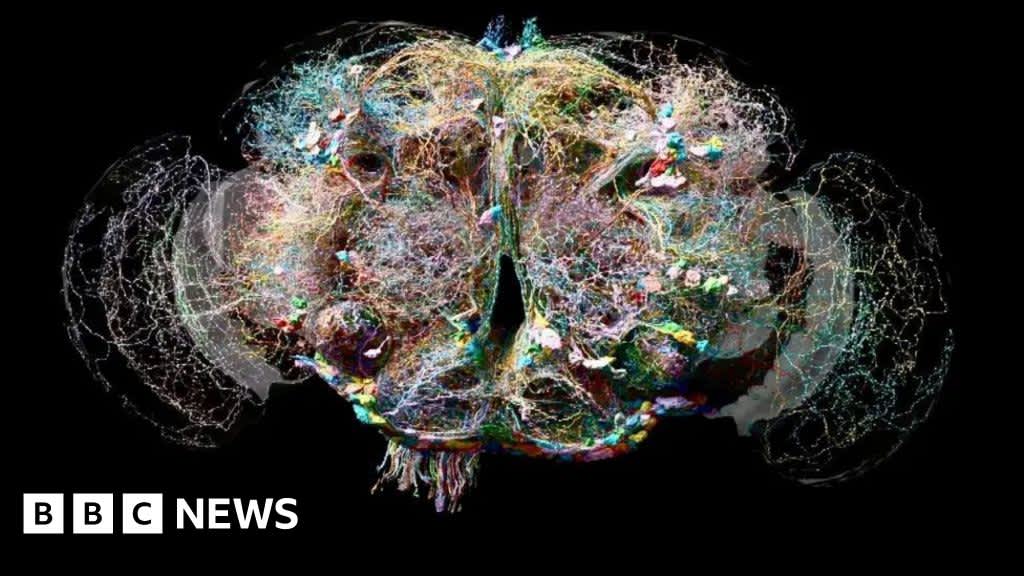
Lost city found by accident and a fly’s brain mapped: 2024’s scientific wins
A total solar eclipse seen by millions, a lost jungle city discovered by accident and hope for the almost extinct northern white rhino – science has given us a lot to get excited about this year. One of the biggest news stories was about making space travel cheaper and easier, with Elon Musk’s Starship making…
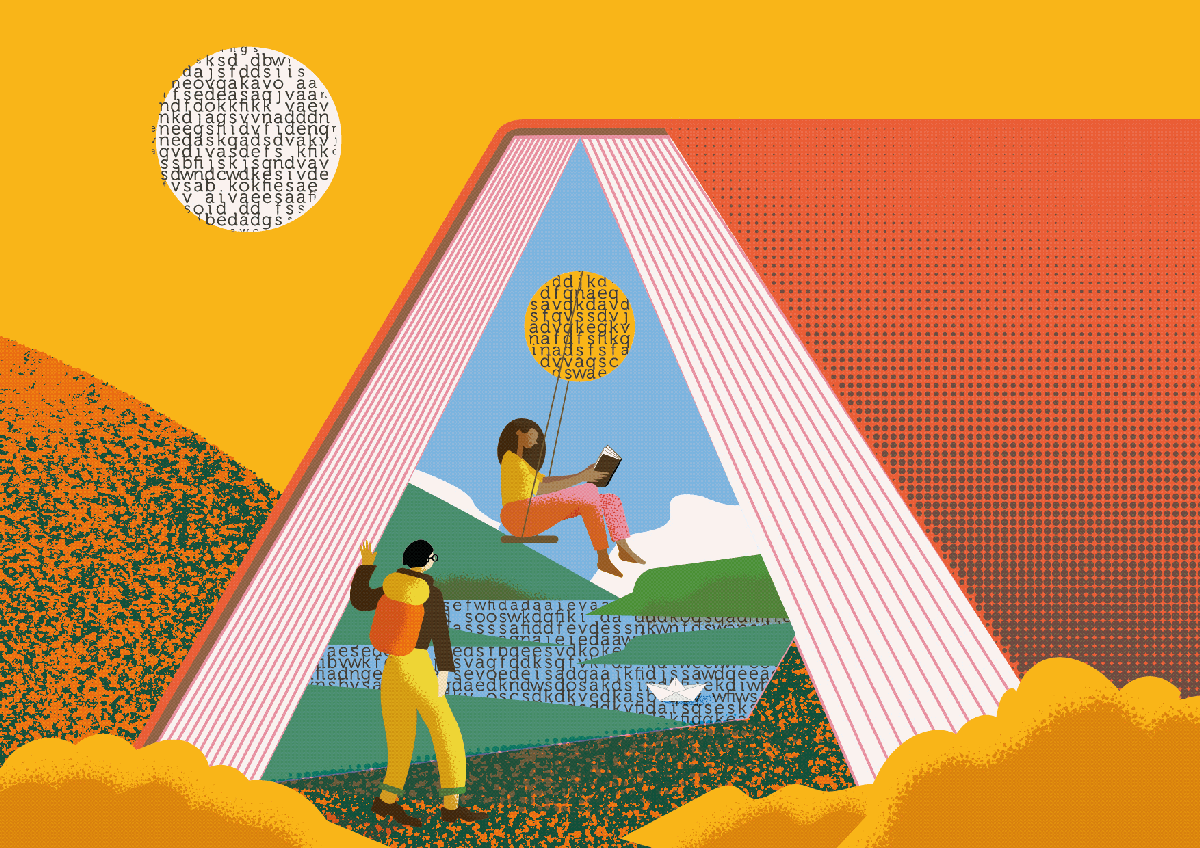
78 Books Scientific American Recommends in 2024
Opinion 78 Books Scientific American Recommends in 2024 A collection of nonfiction and fiction books Scientific American editorial staff and contributors read and recommend in 2024 By Brianne Kane edited by Daniel Vergano Every story is a science story, even the ones that sound more like science fiction. This year Scientific American introduced readers to…